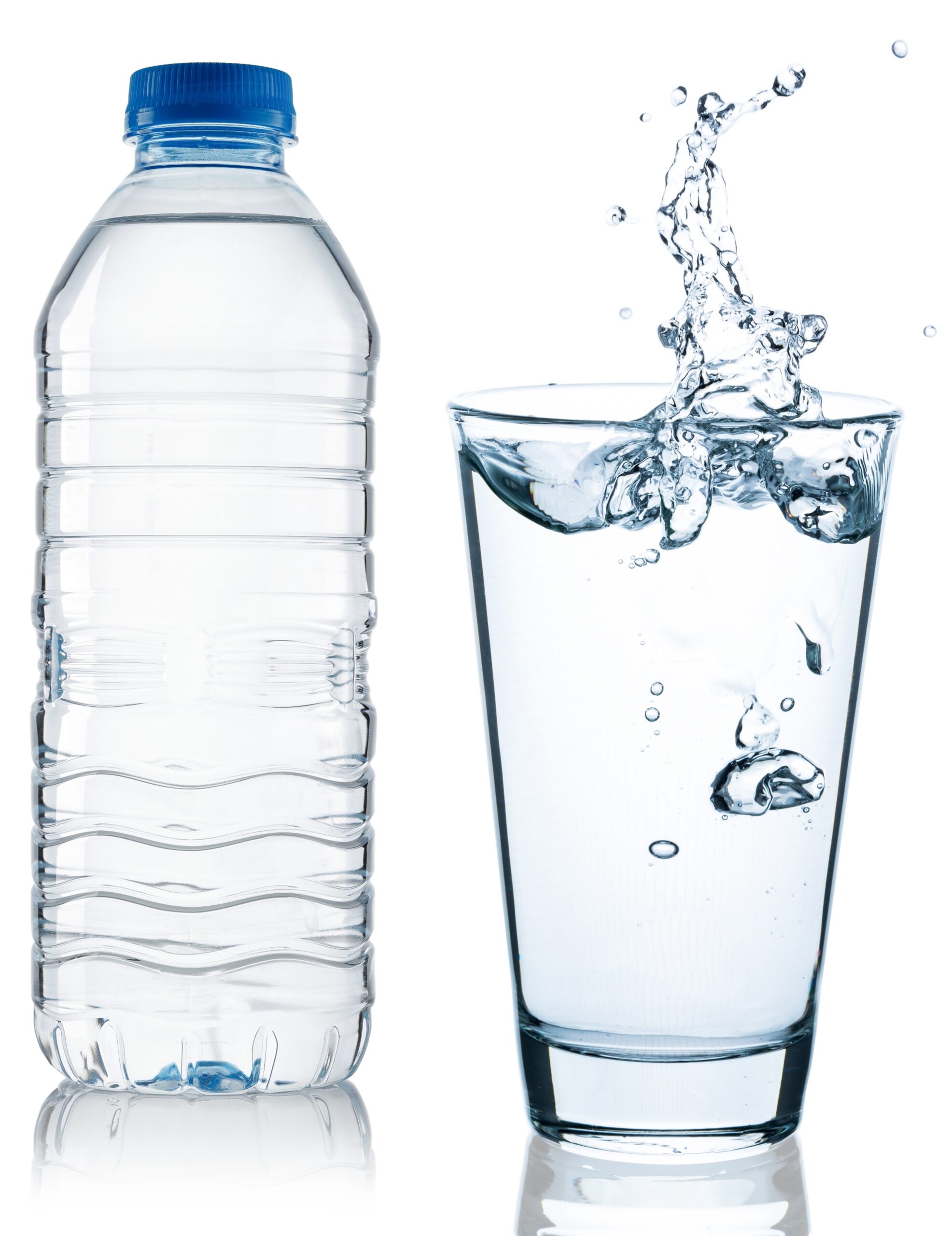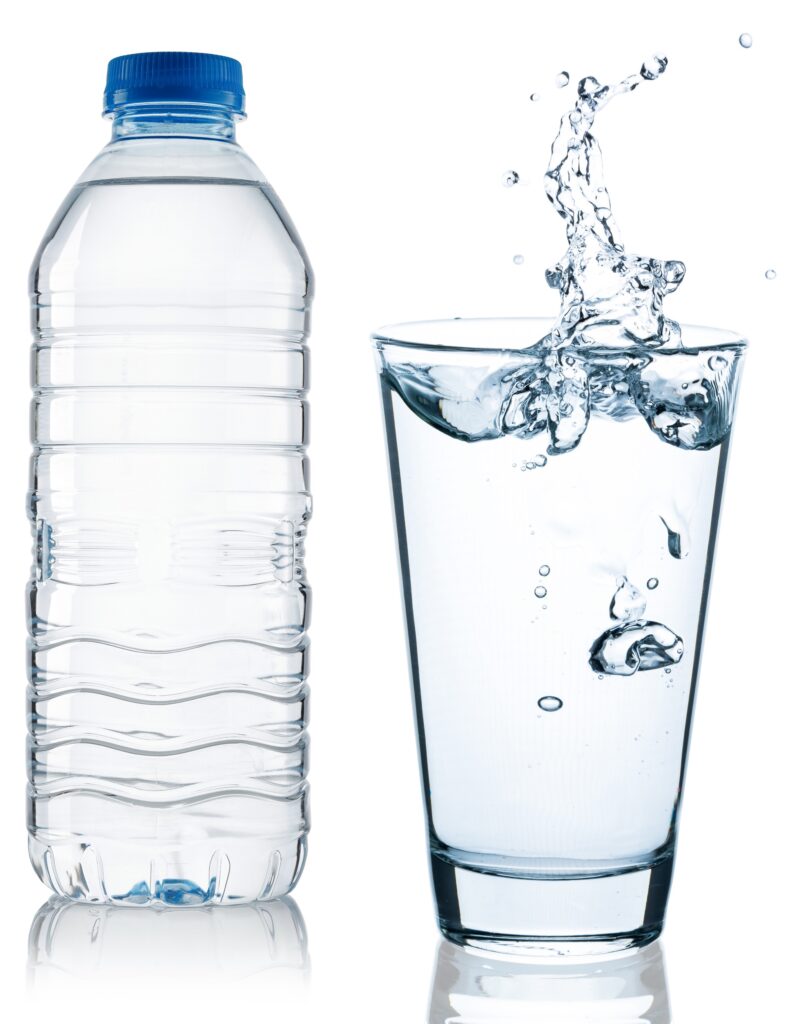Table of Contents
Water poisoning, or hyponatremia, is a critical issue for the elderly, resulting from
an imbalance of water and sodium. Symptoms range from nausea and confusion to
severe cases like seizures. The elderly are at higher risk due to decreased
thirst sensation, kidney function decline, and certain medications. Preventing
water poisoning involves education, monitoring fluid intake, and regular
medical check-ups. Learn how to balance hydration safely and recognize early
symptoms to protect elderly loved ones.
Introduction
Water poisoning, also known as water intoxication or hyponatremia, is a potentially life-threatening condition that can disrupt brain function due to an imbalance of water and sodium in the body. While maintaining proper hydration is crucial for health, excessive water intake can be harmful, especially for the elderly. This article delves into the symptoms, causes, and preventive measures for water poisoning in seniors, aiming to enhance awareness and promote safer hydration practices.
Understanding Water Poisoning: What is Hyponatremia?
Hyponatremia occurs when the sodium levels in the blood become abnormally low. Sodium is vital for regulating water balance in and around cells, and a deficiency can cause cells to swell. In the brain, this swelling leads to increased intracranial pressure, which can result in severe neurological symptoms and even death.
Why the Elderly are at Risk?
The elderly population is particularly susceptible to water poisoning due to several factors:
- Decreased Thirst Sensation: Aging diminishes the sensation of thirst, leading to inadequate fluid intake or, conversely, overcompensation by consuming too much water.
- Kidney Function Decline: With age, kidney efficiency declines, impairing the body’s ability to excrete excess water.
- Medication Use: Certain medications, such as diuretics, antipsychotics, and antidepressants, can affect the body’s fluid balance and sodium levels.
- Chronic Illnesses: Conditions like heart failure, kidney disease, and liver cirrhosis, which are more common in the elderly, can exacerbate the risk of hyponatremia.
Symptoms of Water Poisoning in the Elderly
Recognizing the symptoms of water poisoning is crucial for timely intervention. The signs can range from mild to severe and may include:
- Early Symptoms:
- Nausea and vomiting
- Headache
- Fatigue and weakness
- Moderate Symptoms:
- Confusion and disorientation
- Muscle cramps and spasms
- Restlessness and irritability
- Severe Symptoms:
- Seizures
- Loss of consciousness
- Coma
- Respiratory arrest
Diagnosing Water Poisoning
Diagnosis involves a combination of medical history, physical examination, and laboratory tests. Blood tests are essential to measure sodium levels and assess the severity of hyponatremia. Additional tests may include urine analysis and imaging studies to identify underlying conditions contributing to fluid imbalance.
Causes of Water Poisoning in the Elderly
1. Excessive Water Intake
Overhydration can occur when seniors consume large amounts of water in a short period, often due to a misguided belief that more water is always better for health.
2. Low-Sodium Diets
While reducing sodium intake is often recommended for heart health, extremely low-sodium diets can contribute to hyponatremia, especially when coupled with high fluid intake.
3. Medical Conditions
Chronic illnesses like heart failure, liver cirrhosis, and kidney disease affect fluid regulation in the body, increasing the risk of water poisoning.
4. Medications
Certain medications can interfere with the body’s ability to balance sodium and water. Diuretics, antipsychotics, and some antidepressants are common culprits.
Preventing Water Poisoning in the Elderly
1. Educating Seniors and Caregivers
Education is the cornerstone of prevention. Seniors and their caregivers should be informed about the risks of overhydration and the importance of balanced fluid intake. Key points to emphasize include:
- Understanding individual hydration needs, which can vary based on health conditions, climate, and activity level.
- Recognizing early signs of water poisoning to seek prompt medical attention.
2. Monitoring Fluid Intake
Caregivers should help seniors monitor their daily fluid intake. Using a hydration journal or setting reminders can ensure that they drink adequate, but not excessive, amounts of water.
3. Adjusting Fluid Intake Based on Health Conditions
Fluid recommendations should be tailored to the individual’s health status. For instance, those with heart or kidney issues may need to restrict fluid intake under medical supervision.
4. Medication Management
Regular review of medications with a healthcare provider is essential. Some drugs may need adjustments to prevent electrolyte imbalances.
5. Regular Medical Check-ups
Routine check-ups can help detect early signs of fluid and electrolyte imbalances. Blood tests and other assessments should be part of regular health evaluations for seniors.
Safe Hydration Tips for the Elderly
- Balance Electrolytes: Encourage the consumption of beverages that contain electrolytes, such as sports drinks or oral rehydration solutions, especially during hot weather or physical activity.
- Monitor for Symptoms: Stay vigilant for early symptoms of water poisoning, such as nausea, headache, and confusion. Promptly report any concerning signs to a healthcare provider.
- Stay Informed: Keep abreast of updated guidelines and recommendations for hydration and health management from reliable sources.
Lifestyle Adjustments to Prevent Water Poisoning
1. Dietary Considerations
A balanced diet that includes adequate sodium can help maintain the body’s electrolyte balance. Seniors should avoid extremely low-sodium diets unless prescribed by a healthcare provider.
2. Physical Activity
Moderate physical activity is beneficial for overall health, but it’s essential to balance it with proper hydration strategies. Seniors should drink fluids before, during, and after exercise, but not to the point of overhydration.
3. Environmental Awareness
Seniors should be cautious in hot and humid environments, which can increase fluid loss through sweating. Staying cool and avoiding excessive water intake during such conditions is crucial.
Managing Chronic Conditions to Reduce Risk
1. Heart Failure
Heart failure patients should closely follow their healthcare provider’s guidelines on fluid intake. Excessive fluid can worsen symptoms, while dehydration can lead to other complications.
2. Kidney Disease
Kidney function impairment requires careful fluid management. Patients should adhere to their prescribed fluid restrictions and monitor their hydration status regularly.
3. Liver Cirrhosis
Liver cirrhosis can affect fluid balance, leading to hyponatremia. Managing fluid intake and following medical advice is critical for these patients.
Role of Healthcare Providers in Preventing Water Poisoning
1. Routine Screening
Healthcare providers should include regular screening for electrolyte imbalances in their routine check-ups for elderly patients, particularly those on medications that affect sodium levels.
2. Patient Education
Educating patients and their families about the signs of water poisoning and proper hydration practices is vital. Providers should offer clear and practical advice tailored to individual health conditions.
3. Medication Management
Regularly reviewing and adjusting medications that impact fluid and sodium balance can help prevent hyponatremia. Healthcare providers should consider potential interactions and side effects when prescribing new medications.
Conclusion
Water poisoning is a serious health concern for the elderly, but it is preventable with proper knowledge and vigilance. By understanding the risks, recognizing the symptoms, and adopting preventive measures, seniors and their caregivers can ensure safe hydration practices and maintain overall well-being.
References
https://www.ncbi.nlm.nih.gov/pmc/articles/PMC4670756
https://www.ncbi.nlm.nih.gov/pmc/articles/PMC5407738
https://www.amjmed.com/article/S0002-9343(13)00605-0/fulltext
https://www.ncbi.nlm.nih.gov/books/NBK470386
https://jamanetwork.com/journals/jama/article-abstract/2794358
https://academic.oup.com/ejendo/article/170/3/G1/6668028?login=false
Created using Video GPT by VEEDhttps://scifocos.com/wp-content/uploads/2024/07/Water-poisioning-2.mp4


